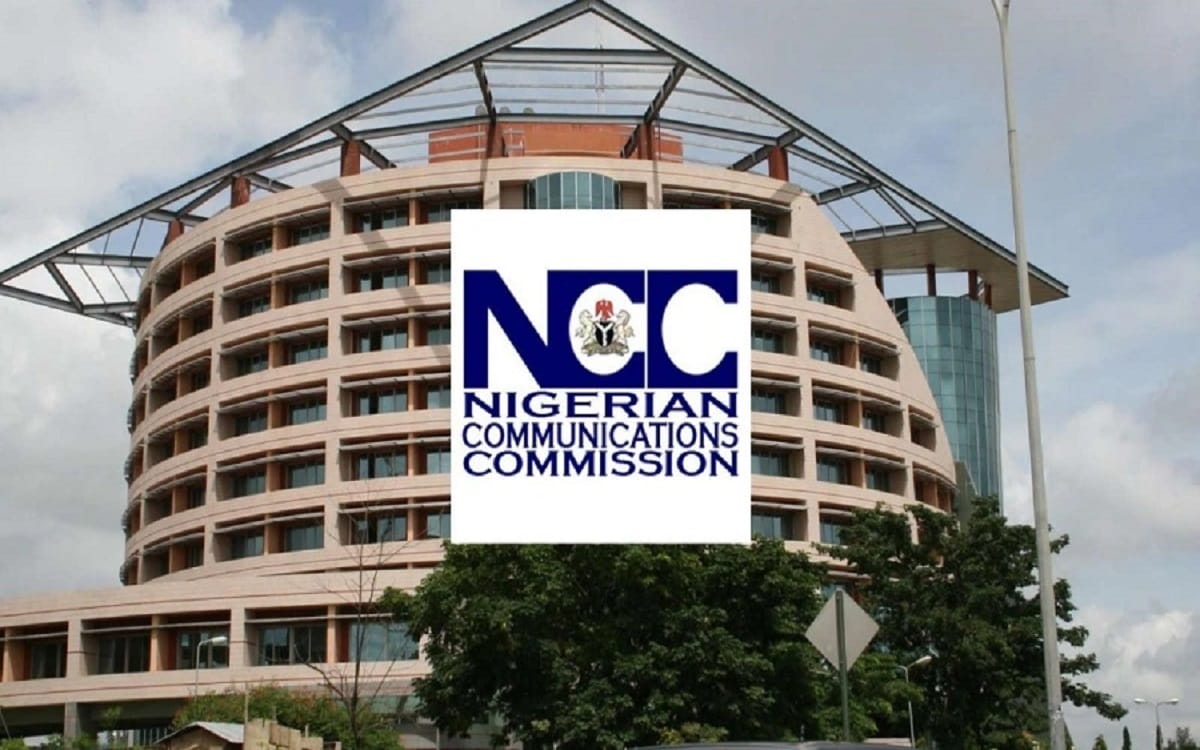The Nigerian telecom tariff increase is imminent, with the Nigerian Communications Commission (NCC) preparing to announce new prices for data, voice, and SMS services. This follows years of advocacy from telecom operators, who have pressed for a tariff review to address the rising costs of operations in the country.

Why Telecom Tariffs Are Increasing
Telecom operators argue that the rising cost of operations, driven by inflation and the forex crisis, justifies the tariff hike. The last adjustment in tariffs took place in 2013, and operators contend that the current rates no longer reflect the economic realities.
A meeting between the Minister of Communications, Innovation, and Digital Economy, Dr. Bosun Tijani, and telecom companies in Abuja led to the government’s agreement to review the tariffs. However, Tijani dismissed the operators’ request for a 100% increase.
Comparing Nigeria’s Data Costs with Other African Countries
While the exact percentage of the increase remains unclear, Nigeria’s telecom tariffs are among the lowest in Africa, especially for data services. According to the International Telecommunications Union (ITU), the cost of 2GB of data in Nigeria is $2.35, making it the cheapest compared to countries like South Africa ($7.98), Kenya ($2.92), and Ghana ($2.66).
Globally, Nigeria also ranks among the cheapest countries for 1GB of data, with a price of $0.39. This places Nigeria 31st out of 237 countries worldwide in terms of affordability.
Economic Considerations for the Price Adjustment
As the NCC prepares to increase telecom tariffs, it’s crucial to consider Nigeria’s economic standing. The country’s GDP per capita is the lowest among South Africa, Kenya, and Ghana, highlighting the financial strain that many Nigerians face.
According to the World Bank, Nigeria’s GDP per capita is $6,207.4, compared to South Africa’s $15,194.2, Ghana’s $7,543.0, and Kenya’s $6,307.2. This economic gap presents a challenge for telecom operators as they seek to raise tariffs in line with other African markets.
Operators’ Justifications for the Tariff Increase
For Nigerian telecom operators, the tariff increase is crucial for sustainability. Airtel Nigeria’s CEO, Mr. Dinesh Balsingh, emphasized that operating expenses have surged by over 300% in the past 18 to 24 months, making the increase essential for maintaining high-quality services.
Similarly, Toriola, another telecom industry leader, noted that inflation, foreign exchange devaluation, and rising energy costs have sharply increased operational expenses. The cost of diesel, which is used to power telecom infrastructure, has risen from N230 to over N1,000 per liter.
The Impact on Nigeria’s Digital Economy
A tariff increase is essential for the telecom sector’s long-term viability. Without adjustments, the digital economy could face setbacks. The sector is key to Nigeria’s economic growth, and without sustainable pricing, the economy—and the well-being of Nigerians—could suffer.
Moreover, with the forex crisis, the cost of importing critical infrastructure, such as base stations, has soared. The exchange rate has shifted from N424.50 to approximately N1,550, raising the cost of essential imports by nearly four times.
The Nigerian telecom tariff increase marks a significant shift in the country’s telecommunications landscape. While the new tariffs will align with those in other African countries, they also reflect the ongoing economic challenges in Nigeria. As the industry faces mounting operational costs, the hike is necessary to ensure the sustainability of telecom services in the country.





